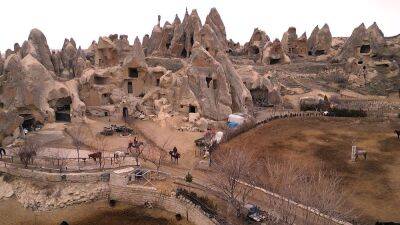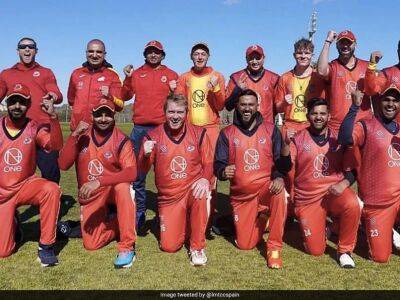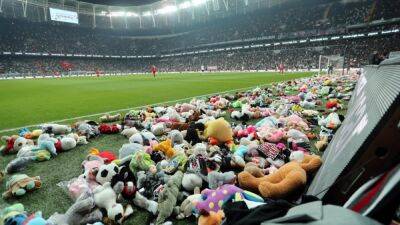‘Sometimes we cry. Sometimes we just wait’: Grief turns to anger in Antakya over earthquake response
For many families in southeastern Turkey, the wait to find out if their loved ones are still alive is excruciating.
A week after two earthquakes hit Turkey, causing widespread devastation in it and neighbouring Syria, thousands of rescue teams are still searching for signs of life through the rubble of what used to be apartment blocks.
Umut Senoglu is a software developer in Antakya, Turkey. He told Euronews that many of his loved ones are still trapped under the rubble, including his sister, his nieces and nephews and his brother-in-law.
“Maybe yesterday 20 bodies were recovered,” he said, recounting the harrowing search and rescue operations in Antakya.
“The last successful rescue was two days ago. Since then, we have only recovered the dead. It’s difficult… sometimes we cry. Sometimes we just wait.”
The 7.8 and 7.5 magnitude earthquakes on 6 February were the worst natural disaster to strike Turkey in nearly a century.
The subsequent death toll in northern Syria and southeastern Turkey has since surpassed 33,000. That figure is expected to rise as search teams find more bodies.
Antakya, the capital of Hatay Province, is among the hardest hit by the quakes. And bulldozers prepared a large cemetery on the city’s outskirts. Hundreds of graves are now marked with simple wooden planks.
Without electricity, water, or toilets, those who survived are at greater risk, as a cholera outbreak is spreading rapidly, and aftershocks are a constant problem, hindering rescue efforts.
After seven days of waiting, shock and disbelief are slowly turning into anger over what many describe as a chaotic response to the disaster.
"Private companies sent their cranes and diggers here. But when they arrived, they didn’t know what to do… they were just







